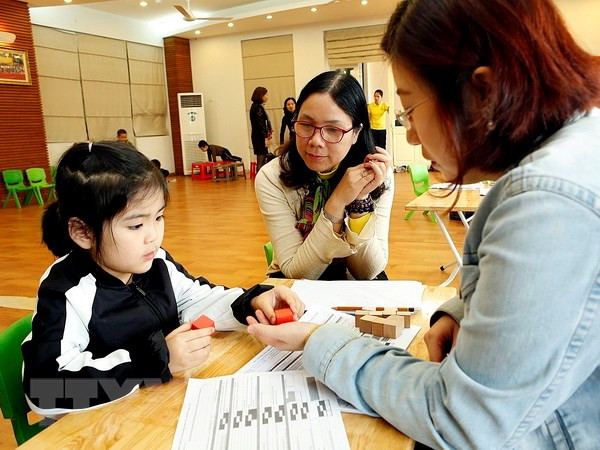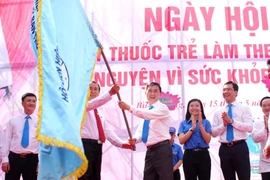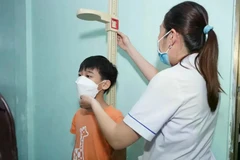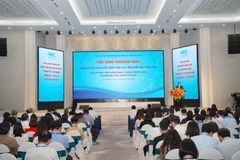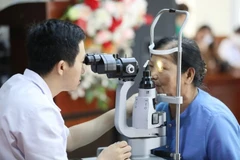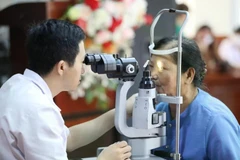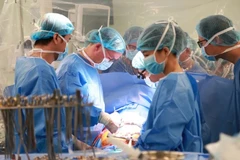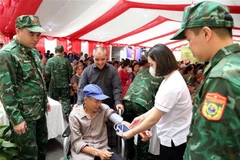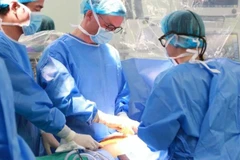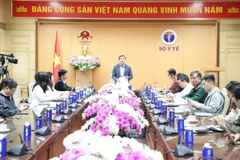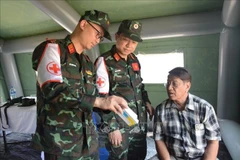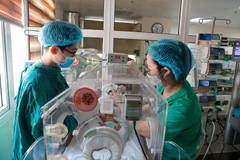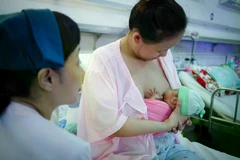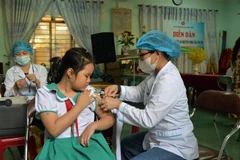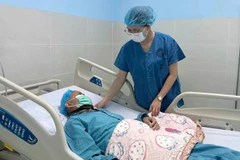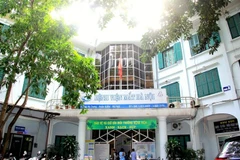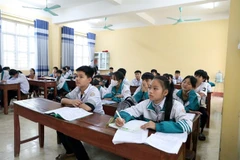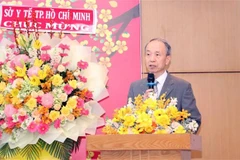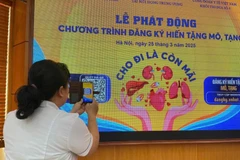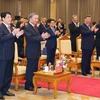Hanoi (VNA) – Vietnam is strivingto build a sustainable, equal and effective financial mechanism to ensure thatall people get access to quality healthcare services, said Deputy Minister of HealthPham Le Tuan.
Speaking at a meeting of theHealth Partnership Group (HPG) held by the Ministry of Health and the WorldHealth Organisation (WHO) in Hanoi on May 15, Tuan said initial health care hasbeen a priority of the entire political system and the medical sector inparticular.
However, like other countriesworldwide, Vietnam is facing a range of challenges in ensuring the quality andeffective supply of initial healthcare services, the official said.
The building and reform ofinitial health care, towards medical coverage for all people, must go in tandemwith the mobilisation of resources from social insurance, State and localbudgets, official development assistance (ODA) and private capital, Tuan noted.
Phan Le Hang, Deputy Director ofthe Health Ministry’s Planning and Finance Department, said the agingpopulation, burdens caused by non-communicable diseases, inequality in healthcare and poor public awareness of disease prevention are among barriers andchallenges hindering the sector’s efforts to improve medical services at grassrootslevels.
A WHO representative pointed outthat Vietnam’s investment in initial health care accounts for less than 4percent of the health insurance fund, suggesting the number should be raised to30 percent.
Specifically, Vietnam should takeinto account the growth of private medical services and utilise the system toimprove the quality of initial health care, the WHO representative said. -VNA
